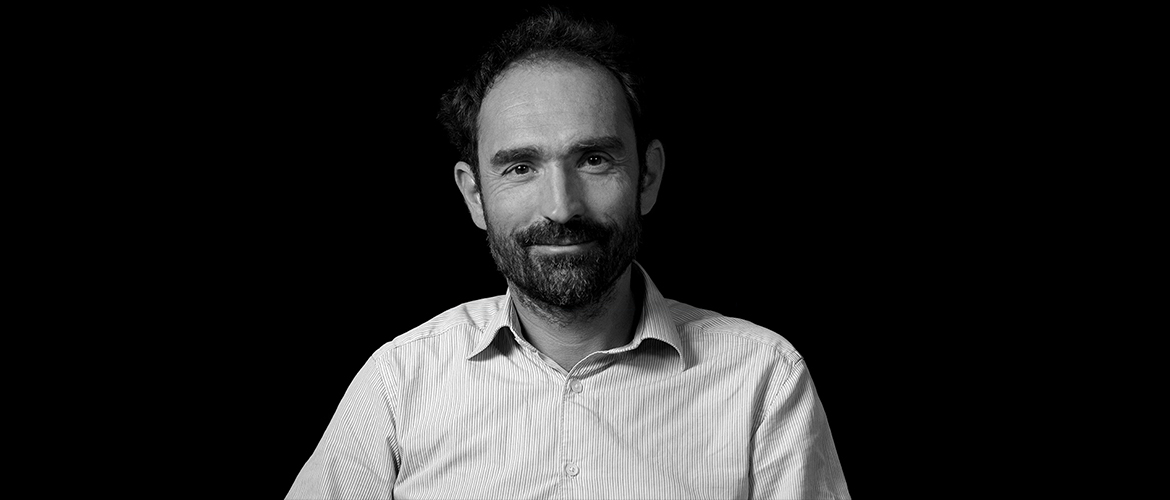Cédric Durand is an economist at the University of Geneva and a member of the Paris-Nord Centre for Economics. His research focuses on globalisation, financialisation and changes in contemporary capitalism.
He dialogues with Alain Berland on his latest book, Technoféodalisme, Critique de l'économie numérique (Zones), which has just been published.
Technoféodalism, Critique de l'économie numérique
At the beginning of the 2020s, the Silicon Valley consensus is disintegrating. Crazy inequalities, stagnant productivity, endemic instability... the new economy did not happen. Algorithms are ubiquitous, but that doesn't mean that capitalism has become civilised. On the contrary. The thesis of this book is that with the digitalisation of the world a great regression is taking place. The return of monopolies, the dependence of subjects on platforms, the blurring of the distinction between the economic and the political: the changes at work are transforming the quality of social processes and giving a new topicality to feudalism. The book begins by proposing a genealogy of the Silicon Valley consensus and highlights the five paradoxes that undermine it.
The central thesis is then unfolded, punctuated by developments on GAFA, global value chains or the Chinese social credit system. The big firmes are vying for cyberspace to take control of data sources. The subjects are attached to the digital glebe. In the emerging economic order, capital is moving away from production to predation.
Penser le Présent is realized with the support of Société Générale.
Tuesday 15 December 2020
Instagram Live
All rights reserved




